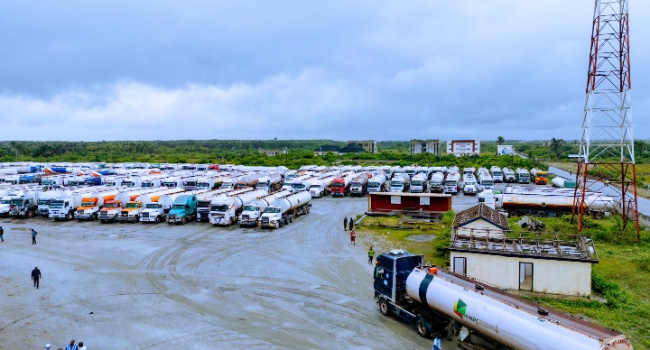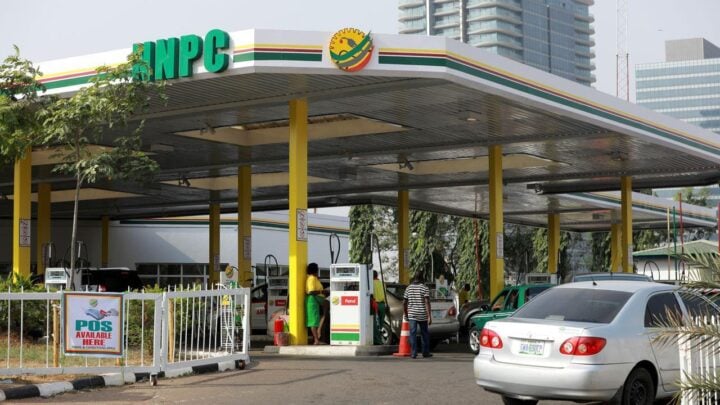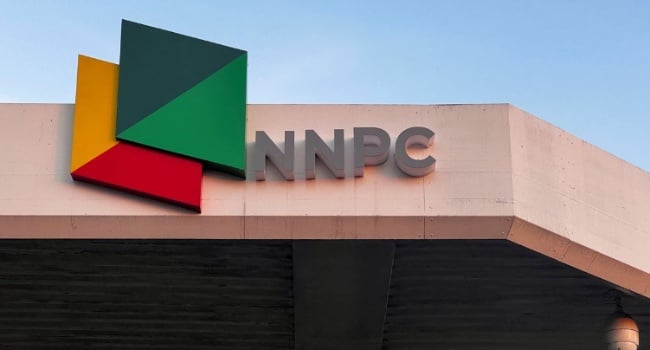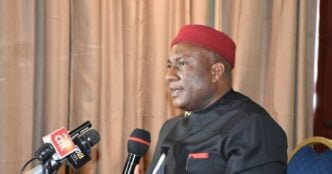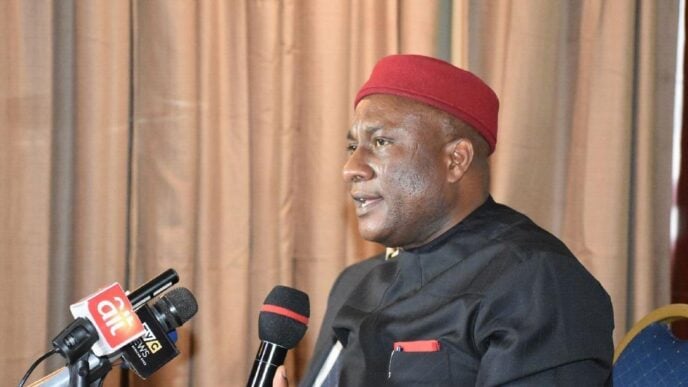NNPC's trucks waiting to load at Dangote refinery
Here are the seven top business stories you need to track this week — September 16 to September 20.
AUGUST INFLATION
The National Bureau of Statistics (NBS) says it will release the country’s consumer price index (CPI) and inflation report for August 2024.
According to the report for July, inflation declined to 33.40 percent — below the 34.19 percent reported in June.
Advertisement
The July rate was the first decline in 19 months.
Also, the bureau intends to publish reports on kerosene, premium motor spirit (petrol), automotive gas oil (diesel), and liquefied petroleum gas (cooking gas) for August 2024.
NIGERIA’S REVENUE GREW TO N9.1TRN IN Q1 2024
Advertisement
Wale Edun, minister of finance, says the federal government’s revenue for the first quarter (Q1) of 2024 increased to N9.1 trillion.
Speaking at the 17th annual banking and finance conference of the Chartered Institute of Bankers of Nigeria (CIBN) in Abuja, Edun said the revenue doubled compared to what was recorded in the same period in 2023.
NIGERIA SIGNS CAPE TOWN TREATY ON AIRCRAFT LEASING
The federal government has officially signed the Cape Town Convention (CTC) practice direction to enable domestic airline operators to access aircraft on dry lease.
Advertisement
The signing, which took place on September 12 at the presidential villa in Abuja, was presided over by Vice-President Kashim Shettima and witnessed by aviation stakeholders, including Allen Onyema, the Air Peace chairman.
The milestone, which comes 20 years after the treaty’s inception, was signed by John Tsoho, chief judge of the federal high court, during a stakeholders’ meeting of the Presidential Enabling Business Environment Council (PEBEC) chaired by Shettima.
Commenting on the achievement, Festus Keyamo, minister of aviation and aerospace development, said the Cape Town treaty would enhance aviation compliance by eliminating judicial barriers.
DANGOTE TO SUPPLY PETROL TO NNPC
Advertisement
On September 15, the federal government said the Dangote Petroleum Refinery would commence the distribution of premium motor spirit (PMS), also known as petrol, to the Nigerian National Petroleum Company (NNPC) Limited.
Following the announcement, the NNPC said it has been mobilising trucks to the petrol-loading gantry of refinery.
Advertisement
NNPC said over 100 trucks were mobilised to the site, assuring that more would be sent to the facility.
FIRST SET OF NNPC TRUCKS LIFT PETROL AT DANGOTE REFINERY
Advertisement
On Sunday, the Dangote refinery said trucks owned by the NNPC commenced the loading of petrol at its gantry.
The Dangote Group shared videos on X showing the trucks stationed at the gantry.
Advertisement
“First set of trucks set for loading of PMS at the Dangote Petroleum Refinery,” the company wrote.
NNPC-DANGOTE PRICE DISPUTE
After product lifting on Sunday, the NNPC said it bought petrol from the refinery at N898 per litre.
Olufemi Soneye, the chief corporate communications officer of NNPC, confirmed the price while speaking to TheCable.
The development had followed reports that the national oil company purchased petrol from Dangote refinery at N766 per litre.
However, Soneye said for “this initial loading, it was N898 per litre so far”.
However, the refinery described the claim as “mischievous and malicious”, saying Nigerians should wait for a formal announcement on the pricing by the technical sub-committee on naira-based crude sales to local refineries.
NIGERIA’S CRUDE OIL PRODUCTION INCREASED TO 1.35 MILLION BPD IN AUGUST
The Organisation of Petroleum Exporting Countries (OPEC) says Nigeria’s average daily crude oil production increased to 1.35 million barrels per day (bpd) in August.
In its monthly oil market report released on Tuesday, OPEC said the figure was obtained from direct communication with Nigerian officials.
The oil cartel receives data on crude oil production from two sources: direct communication — which is from member countries — and secondary communication, such as energy intelligence platforms.
According to OPEC, the current output figure represents a 3.44 percent rise from the 1.30 million bpd recorded in July.
